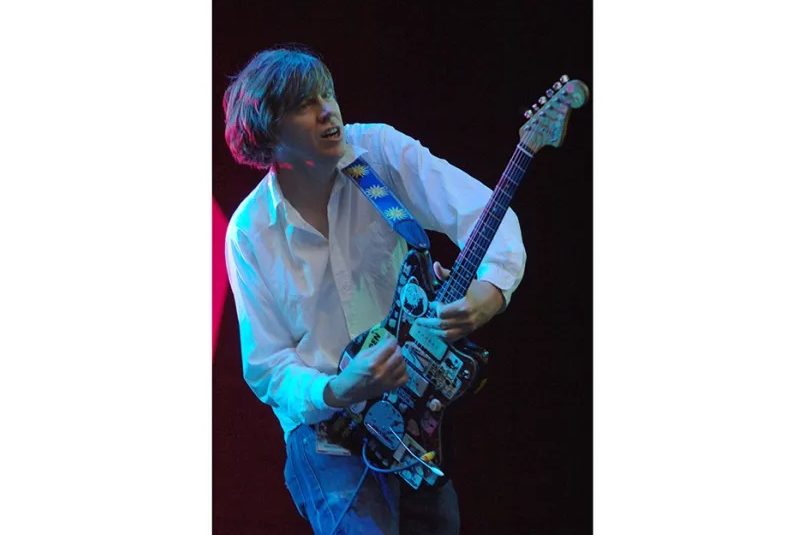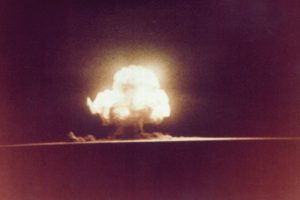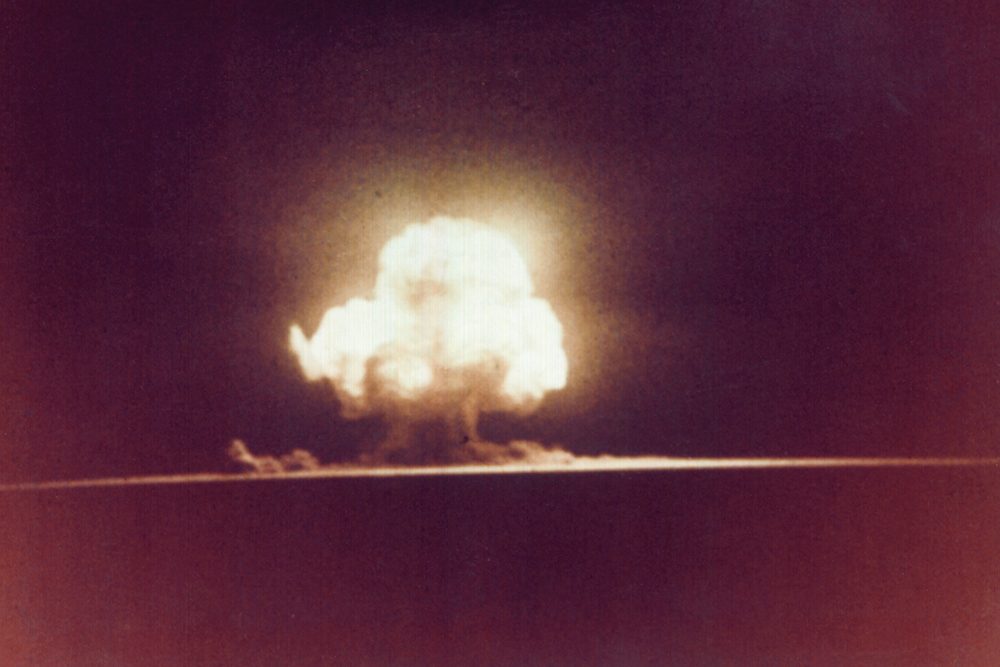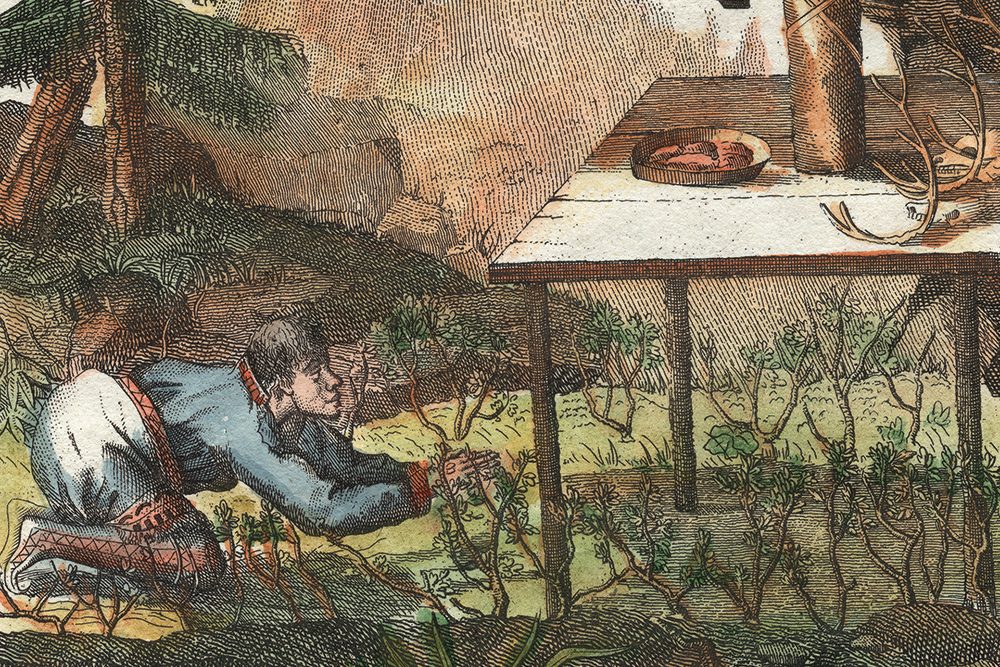There are a surprising number of books on or by Sonic Youth, the most important of the East Coast bands to emerge in the wake of the first wave of US punk (1974-78). An excellent Spanish biography and an Italian potted history precede the three English language bios to date, while Thurston Moore’s ex-wife Kim Gordon published her own embittered memoir (Girl in a Band) in 2015. Seems Thurston had been a very naughty boy, and she was determined to tell the world all about it.
In fact he may well be the least naughty boy in the history of rock music. “Neither hardcore sex nor drug action figured very much in my world,” he writes. “Boys have always wanted to be in rock bands to get laid, or so it’s said. But that was not a defining factor for me.” The “other” woman (Thurston’s second wife, Eva Prinz) whom Kim refused even to name, simply calling her “the user, the groupie, the nutcase,” does not even enter this densely packed memoir until four pages from the end.
This is because Thurston has a lot he wants to say, and almost all of it is about his coming to New York, his early days there and the first decade of the band. After Kurt Cobain blows his brains out, the next two decades whizz by in the twinkling of an eye before the last trumpet blows. And that is smart. As P.G. Wodehouse once observed: “There is nothing so soporific as an author’s account of his career after he has got over the tough part.”
What Moore has delivered is a near-epic, highly literate exception to the rule, the one which says that the rock memoir should be brief, to the point, full of stories about sex, drugs and rock’n’roll, and target “people who can’t read” — Frank Zappa’s famously jaundiced snipe at followers of the rock press. Well, sorry Frank, Thurston was always an exception to the rule. Now married to an editor and a publisher, he remains one of the better-read musos.
Sonic Life almost needs a dramatis personae, so replete with names is it, and I only felt slightly short-changed by Thurston’s very fleeting mentions of encounters with those demi-monde denizens Cookie Mueller and Lester Bangs, perhaps the two best short-form writers then living cheek by jowl downtown. But perhaps I am doing Thurston a disservice in blaming him for the sometimes frenetic way he introduces and discards early scenesters at his door. Word is, this memoir was trimmed by at least a third at the behest of the publisher. Nonetheless, if there is one abiding impression Moore leaves, it is that he has been extremely lucky in the people he has met, known and collaborated with during his own tightrope ride to Stoke Newington.
The single glaring omission that struck me — and it’s an odd one — is about the 1991 project, the formation of the group Dim Stars, when Moore dragged Richard Hell out of retirement to make one last record. Given the importance of Hell to punk, and indeed to Moore (drawing him to New York in the first place), one can’t help but wonder whether the experience was just too torturous to be recalled.
There is certainly a sense throughout that Thurston wants to give his most unpleasant experiences a positive spin. He even finds good things to say about the irredeemable Dead Boys and Sid Vicious. As such, there is no redemptive arc to this memoir, no “Hey, I messed up” epiphany to act as a narrative ballast. It resolutely remains the book its author insists he set out to write: “A history of coming to New York City as a teenager and finding my footing as a musician.”
And in that it is perhaps as subversive as Sonic Youth themselves were: the memoir of a well-read, thoughtful music fan, unaddled by drugs ’n’ drink, who came out the other side synapses intact. God bless him (and them) for that. Oh, and goddamn the Rock ’n’ Roll Hall of Fame!
This article was originally published in The Spectator’s UK magazine. Subscribe to the World edition here.


























Leave a Reply